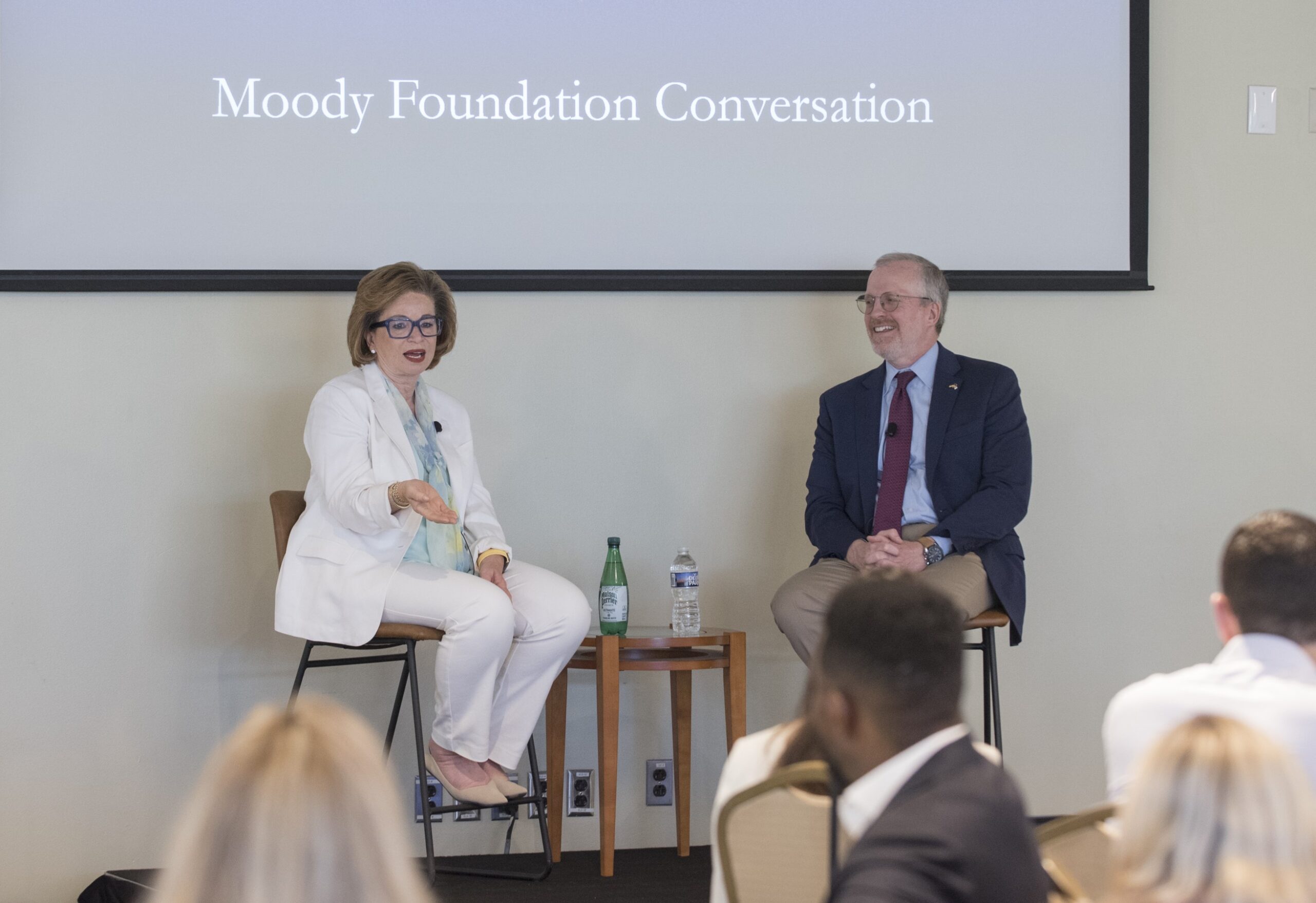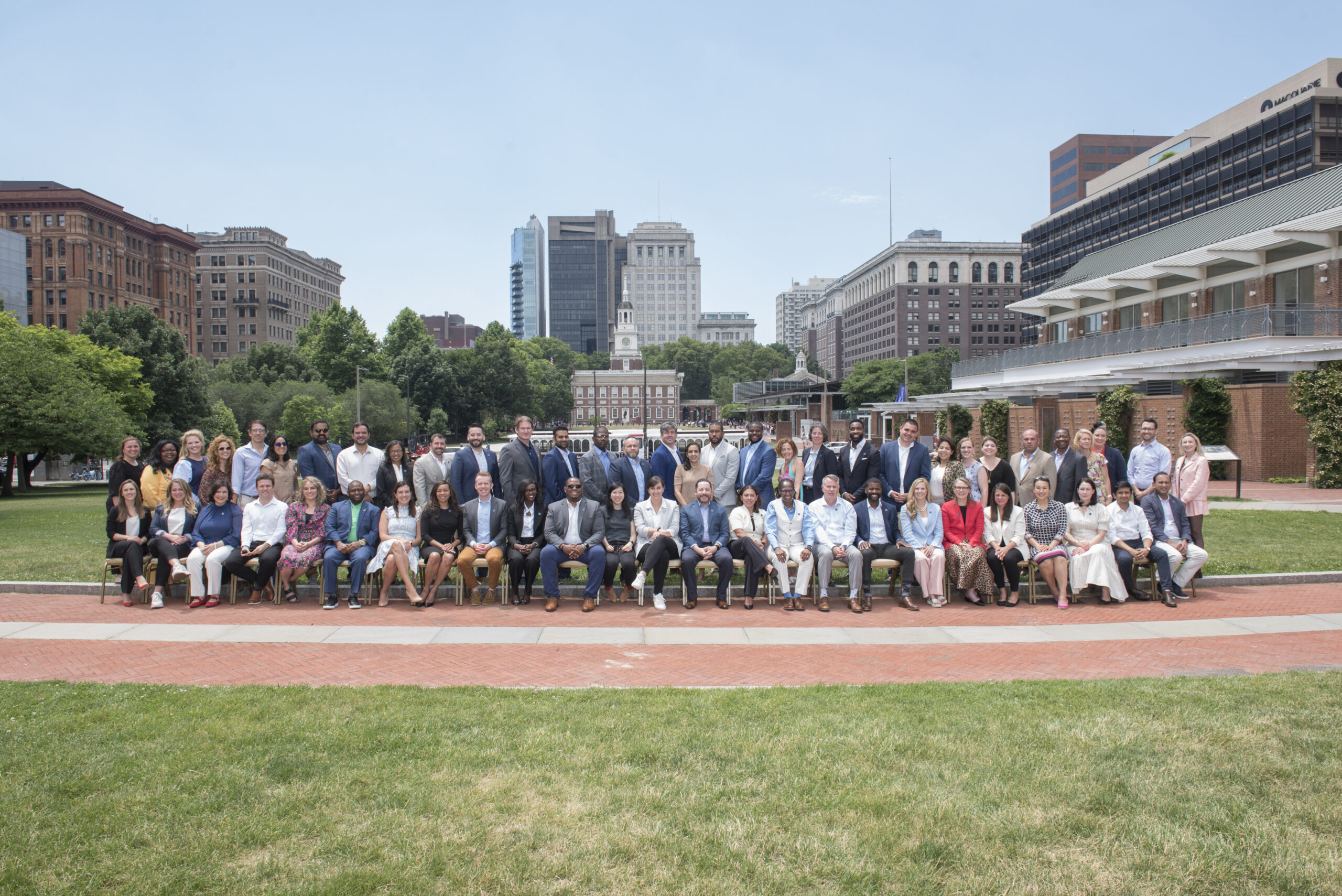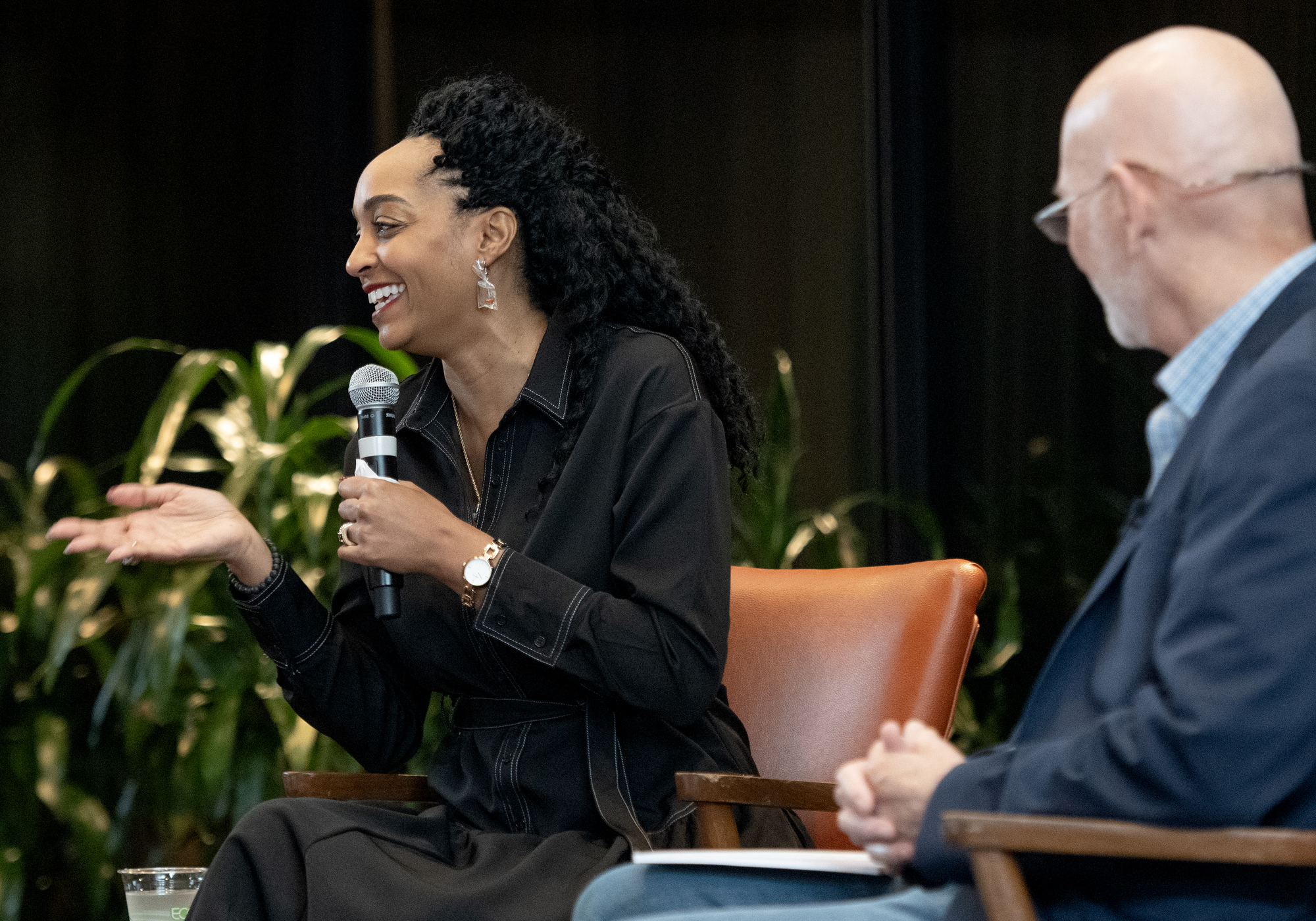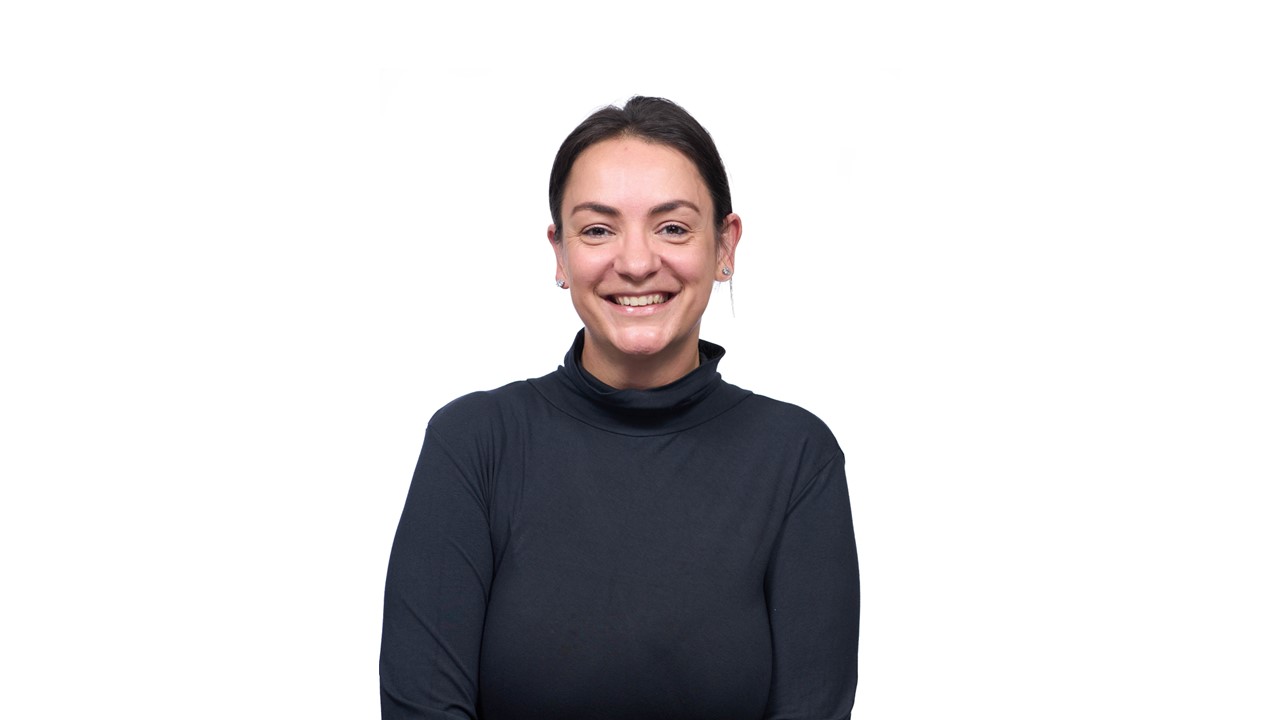Valerie Jarrett, CEO of the Obama Foundation, speaks about her experience as the longest-serving presidential senior advisor in history, the importance of mentorship, and what she considers the secret sauce of leadership.
As Friday morning dawned, and the Presidential Leadership Scholars prepared for their final day of programming during Module Six, there was one final, meaningful conversation to be had.
Valerie Jarrett, CEO of the Obama Foundation, joined David J. Kramer, Executive Director of the George W. Bush Institute, for this year’s Moody Conversation, during which she discussed her career journey from Chicago City Hall to the White House and the lessons she learned along the way,
Jarrett served as a senior advisor to President Obama from 2009 to 2017, becoming the longest-ever tenured presidential senior advisor. But her relationship with President and Mrs. Obama began almost four decades earlier. Jarrett hired Michelle Robinson, who was engaged to Barack Obama at the time, when Jarrett served as Deputy Chief of Staff to then-Chicago Mayor Richard Daley.
The future Mrs. Obama stood out from the other applicants during the job interview because of her authenticity and vulnerability during the conversation, Jarrett said.
“I think part of what you want to do in life, not just in your professional relationships, but personal relationships, too, is be authentic,” Jarrett told the Scholars. “And what you want, not just in a job interview, but when you’re working, is for people to trust you, and they can’t trust you if they don’t know you. And so I do think it requires some vulnerability and some confidence to know that I might tell my story and people might not like my story.”
Jarrett also spoke to the Scholars about the highs and lows in her leadership journey and how on the two collided one fateful day in the White House, when she experienced “both the worst of times and the best of times in one day.”
On June 26, 2015, the United States Supreme Court ruled in favor of marriage equality for same-sex couples, in the landmark case Obergefell v. Hodges. The funeral for Reverend Clementa Pinckney, the state senator who had been murdered along with eight other worshippers in the Emanuel African Methodist Episcopal Church in Charleston, South Carolina, was the same day.
The day began with an unexpected speech from President Obama celebrating marriage equality and continued with a somber address at the funeral in Charleston, concluding with the return to a White House lit up in rainbow colors.
Jarrett highlighted this day as an example of the importance of leadership in challenging times:
“A president has to really be able to compartmentalize and focus and go through these emotional swings,” she said. But it’s important “to keep that even keel and remember that this is not about you, it’s about how you’re projecting leadership to the country at these exhilarating and painful moments.”
Another important aspect of being a good leader is leaning on trusted mentors and giving back as a mentor whenever possible, Jarrett said. She told the Scholars about her first mentor, Lucille Dobbins, who encouraged her to pursue a promotion early in her career. Despite hesitating, Jarrett took her advice and got the promotion.
Many years later, she found out that Dobbins had advocated for her promotion, a fact she didn’t realize at the time.
“Not only did she advocate for me when I wasn’t in the room, which goes beyond just mentorship, but she didn’t tell me,” Jarrett said. “She made me go in there and go through the excruciating exercise of advocating for myself. And that was a gift that has been incredibly valuable all throughout my life.… I learned so much about how to be a mentor by having been well mentored myself. And because she changed my life, I thought if I’m ever in a position to do that for other people, I just really want to be able to do it.”
Jarrett closed the conversation by offering her personal take on leadership to the Scholars – and sharing what she considers its secret sauce.
“I don’t always have to be the loudest voice in the room, and I don’t always have to be the first one to speak,” she said. “There is power to listening. I think part of leadership is listening. You can be an expert in your field, but you have to take the time to build trust. To me, that is the secret sauce of leadership.”



